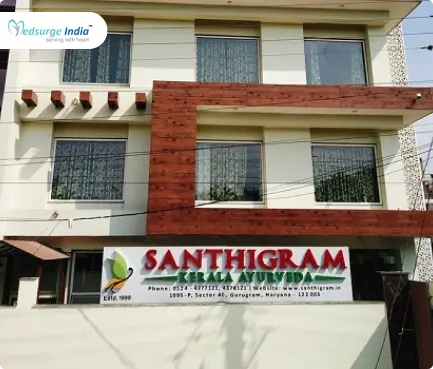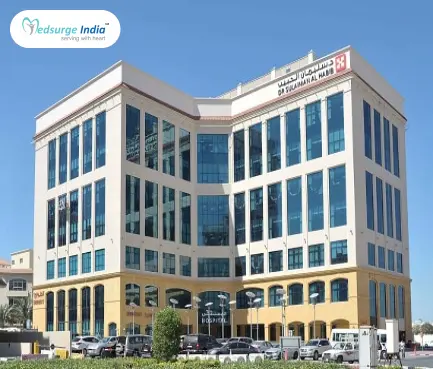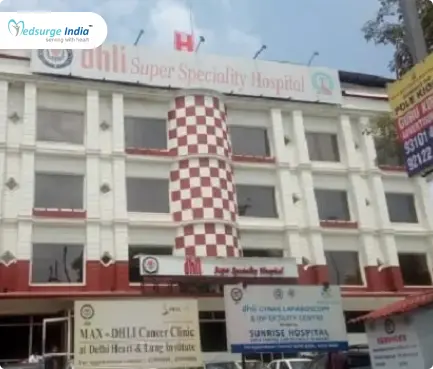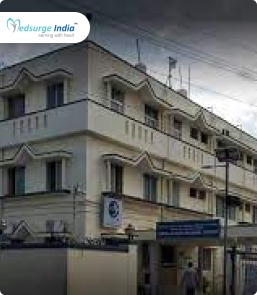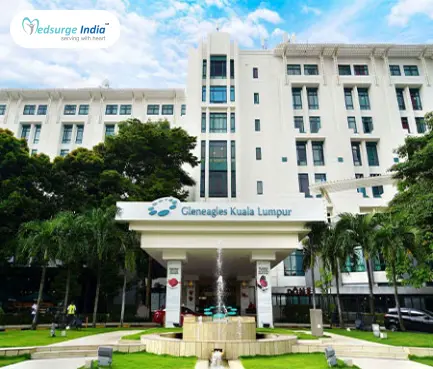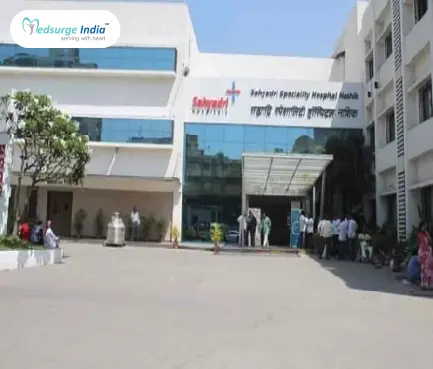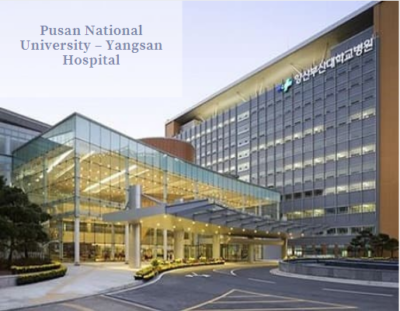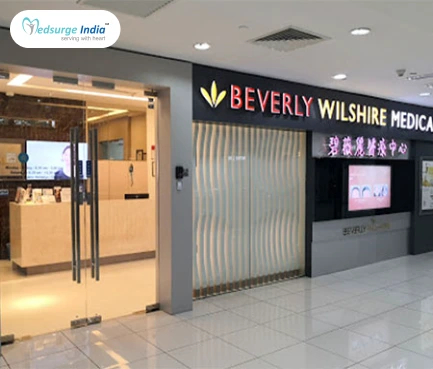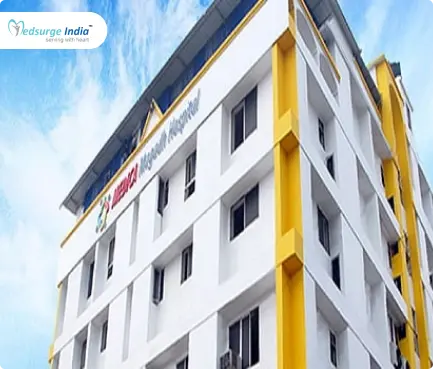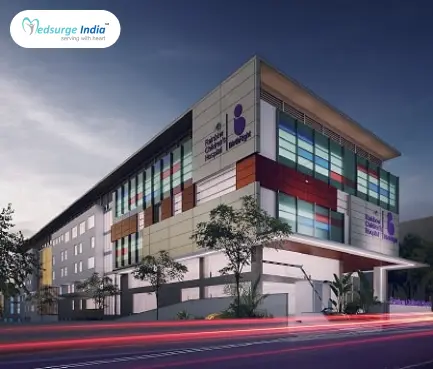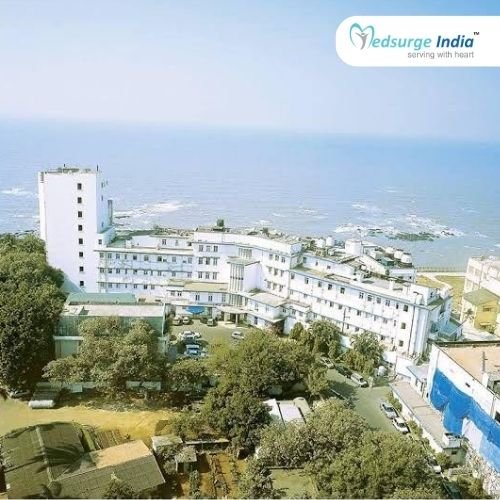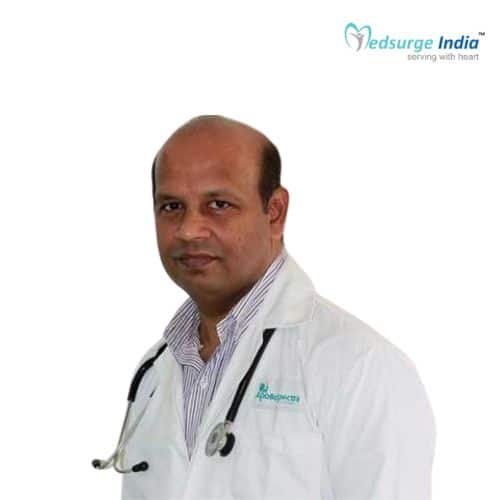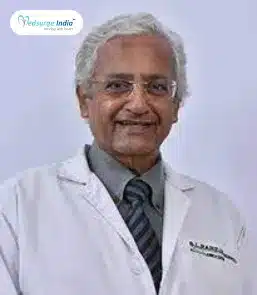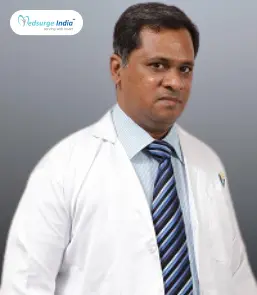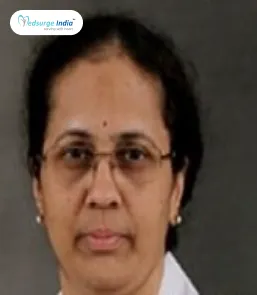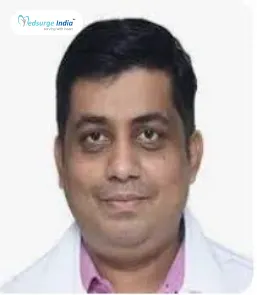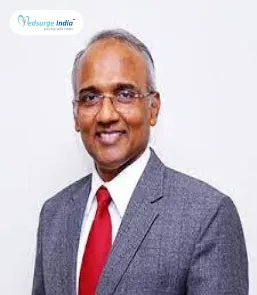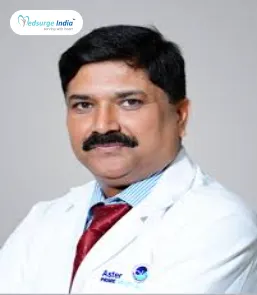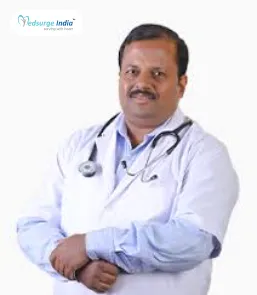
Augmentation Cystoplasty also referred to as Bladder Augmentation is a surgical procedure to expand the magnitude of the bladder because of having too little a bladder or too high of a strain of pee to store urine normally. This causes a rash. The surgery increases the ability of the bladder and reduces the strain inside the bladder.
When urine in the bladder cannot be properly emptied or higher pressure pushes back the urine into the kidney, it might lead to incontinence, urinary tract infection (UTI), or kidney impairment.
Augmentation Cystoplasty is known for acute incontinence only after other medical therapies have failed.
Causes for Augmentation Cystoplasty
Neuropathic and non-neuropathic causes lead to acute bladder dysfunction. This may affect both children and adults. Neuropathic triggers include:
- Multiple sclerosis
- Spinal cord injury
- Tethered spinal cord
- Myelodysplasia
Non-neuropathic Triggers are:
- Classic or cloacal exstrophy
- Radiation cystitis
- Interstitial cystitis
- Chronic cystitides such as TB and schistosomiasis
- Detrusor instability
- Defunctionalized bladder in a patient on dialysis
Symptoms
- Incontinence
- Recurrent UTIs
- Pyelonephritis
- Progressive renal insufficiency
- Impaired renal growth
- Vesicoureteral reflux
- Enuresis
- Debilitating urgency
Indications of Augmentation Cystoplasty
- A Noticeable Decrease in bladder capacity or compliance
- Though Clinical interventions, symptoms nevertheless impair an Individual’s lifestyle
- Once the upper urinary tracts are in Danger Because of pressure
Contraindications
- Patients that are unable or reluctant to carry out a life-long intermittent catheterization.
- Patients with inflammatory bowel disease, bladder cancer, acute radiation cystitis, or acute renal insufficiency.
- Poor surgical applicants and short life expectancy.
Augmentation Cystoplasty Cost in India
Augmentation Cystoplasty Cost in India starts from Rs 3,30,000 (3960 USD). It typically includes necessary preoperative tests, the patient’s condition, and the surgery itself. However, please note that accommodation and transfers are not included in this cost.
Cost of Augmentation Cystoplasty in Different Cities in India
| Cities | Starting Price |
| Delhi | USD 3960 |
| Gurgaon | USD 3960 |
| Noida | USD 3960 |
| Mumbai | USD 4000 |
| Hyderabad | USD 3980 |
| Chennai | USD 3960 |
| Kolkata | USD 3960 |
| Bangalore | USD 4000 |
Note: Keep in mind that the above-mentioned cost provided is solely for the treatment. The overall cost of Augmentation Cystoplasty in India will be determined based on several factors.
Factors That Can Affect Augmentation Cystoplasty Cost in India
Various factors can affect the cost of Augmentation Cystoplasty in India. Your budget is greatly impacted by numerous elements that fail under pre and post-treatment costs. Below are the various factors that can affect the cost of Augmentation Cystoplasty in India.
- Medication costs: Certain medicines can influence the overall cost of Augmentation Cystoplasty.
- Patient Condition: The complexity of the disease along with the patient’s overall health can affect the duration of treatment, impacting the cost.
- Duration of treatment: Longer treatment courses involving multiple visits can lead to higher cumulative costs.
- Geographical location: Cost can vary widely depending on the region in India.
- Hospitalization expenses: The length of hospital stay and the level of nursing care required by the patient can add to the treatment expenses.
- Government policies and subsidies: Government healthcare schemes and subsidies can reduce out-of-pocket expenses for patients, affecting the affordability of Augmentation Cystoplasty.
- Medical tourism packages: Curated packages for international patients can include various services at a bundled cost, influencing the overall expense of treatment in India.
- Hospital reputation and infrastructure: Prestigious hospitals with state-of-the-art facilities may charge more for their services.
- The expertise and experience of medical professionals: Urologist with extensive experience and recognition often command higher fees, contributing to the treatment cost.
- The type and frequency of diagnostic procedures: Regular monitoring with advanced imaging and laboratory tests can increase treatment costs due to the high price of these diagnostic methods.
- The choice of treatment modality: Opting for newer or more advanced treatment options or precision medicine can be more expensive than traditional approaches.
India provides excellent medical services and facilities for patients seeking treatment, including Augmentation Cystoplasty. These facilities are on par with renowned healthcare centers around the globe. Additionally, the cost of accommodation, meals, and transportation is also included. Moreover, international patients can save a significant amount, up to 30-40%, on the expenses of Augmentation Cystoplasty cost in India compared to their native countries.
Diagnosis and Tests
- A comprehensive physical examination
- Blood and Urine tests
- Bladder pressure studies to see how well the bladder holds urine or how Complete it’s Prior to leaking or pushes back into the Uterus
- Evaluation of the bladder by Way of Cystoscopy or Radio imaging
- Renal and Bladder ultrasound
- X-Rays
Helpful – Penile Cancer Treatment in India
Types of Augmentation Cystoplasty
- Open operation: Through incisions, part of the stomach or intestine is cut and attached to the opening from the gut. A stoma could be created.
- Laparoscopy: Through small keyhole incisions in the stomach, a laparoscope is added to have a very clear view of the stomach. A bit of the stomach or intestine is removed and connected to the bladder.
Get Free Cost Estimation
Procedure
Before Procedure
- Total Medical and Physical Evaluation
- Talk with your doctor about your Illness and the Sort of Operation needed
- Eat a low-fiber diet
- Anti-biotics will be Awarded to you
- You’ll Be given special Fluids to cleanse your bowel causing loose stool
- Strong laxatives may also be Awarded
- Surgery will be Completed two Weeks after being hospitalized
During Procedure
- You’ll Be given general anesthesia
- Based on the Operation, It Is Going to Require 4 — 8 hours
- For Open surgery, incisions Can be made on the Tummy along with the Very Top of the bladder
- A piece of tissue in the Gut or Stomach is cut and attached to the Peak of the bladder for a patch, Extending the bladder
- For Laparoscopic Operation, Crucial hole incisions are made on the abdomen and a laparoscope is inserted into visualizing the Stomach clearly
- At the cap of the bladder is then trimmed, a patch of tissue in the stomach or intestine removed and connected to the peak of the bladder
- The incisions can also be stitched up
- For the two operations, a Stoma — an opening to insert the catheter into the bladder might be generated.
You may also be interested in – About Penile Lengthening Procedure | Penile Lengthening Surgery Cost in India
After Procedure
- You’ll have to remain in the hospital for up to ten days for an Open operation or more, depending upon your restoration
- For Laparoscopy, it is going to take approximately 3 — 5 days depending upon your recovery
- you’ll have a catheter connected to drain urine from the bladder
- During IV, you’ll be given pain medicines, fluids, and antibiotics
- A tube will be inserted in your nose into your stomach to drain some material. This can remain until your stomach and intestines may work normally again
- Take deep breaths to clear your lungs
- Requested to have a stroll
- You’ll be educated to insert a catheter
- You’ll Also be educated to self-catheterize using a tube once a catheter is eliminated
- You’ll Be taught the way to irrigate bladder to stop mucous from obstructing the catheter tubing
- You’ll Be taught how to clean the bladder and Protect Against disease
- Follow-up operation will be scheduled
- Follow directions of your Physician carefully for a lasting success
- Particular diet around 3 months
Risks and Complications
- Infections
- Excessive bleeding
- Blood clots
- Abdominal pain
- Bladder rupture
- Urinary incontinence which may require further surgery
- Risk of kidney stones
- Mucus in the urine
- Allergic reaction to anesthesia
- Pneumonia after surgery
- Venous thrombosis or pulmonary embolism
Factors Affecting the cost of Augmentation Cystoplasty
- Choice of hospital
- Surgeon’s fee
- Cost for blood tests and diagnostic tests
- Type of treatment and surgery
- Medicinal costs
- Duration of stay
- Cost of pre and post-surgery care
The Most Important Frequently Asked Questions
Q: Why Am I Recommended for Augmentation Cystoplasty?
A: Since your incontinence is severe, drugs have failed to take care of your illness and your lifestyle is badly diminished.
Q: Can I Refuse Augmentation Cystoplasty?
A: Yes, if you:
- Aren’t Ready to perform a lifelong catheterization
- Have additional complications on your gut system or renal system
- Are the poor surgical candidate
- Have a short life expectancy
Q: Will Surgery Help My Bladder Problems?
A: Surgery can’t make your bladder operate normally, but it might create new methods to allow you to discharge urine from the body also, lets you utilize intermittent catheterization.
Q: What Types of Surgery Are Available?
A: The types of surgeries available are:
- Open surgery
- Laparoscopy
Q: Which Surgery Is Ideal for Me?
A: This will depend on your physical and health problems. Your physician will discuss the best solution for you.
Q: How Long Is the Surgery?
A: The operation takes 4 to 8 hours depending on which operation is done.
Q: How Long Do I Need to Stay in the Hospital?
A: Depending on your recovery,
- Open surgery: 8 – 10 days or longer
- Laparoscopy surgery: 3 – 5 days or longer
Q: Is There a Pre-operation Hospital Stay?
A: Yes, You must stay at least 2 – 3 days before the operation.
Q: What Is the Success Rate of the Surgery?
A: Research Discovered 58.1% success rate, but this Can Also Be Determined by maintaining medical Directions, complying to long-term Followup, and Handling a Healthful way of life.
Q: Will a Stoma Be Placed on My Abdomen?
A: You’re likely to possess Stoma to readily insert the catheter into the bladder.
Q: How Will I Catheterize Myself?
A: You’ll be taught everything from how to self-catheterize and also protect against disease whilst remaining in the hospital.
Q: How Long Do I Have to Self-catheterize?
A: This will be a life-long journey.
Q: Why Do I Need to Irrigate the Bladder?
A: you’ll have to do this often to stop mucous from obstructing the catheter tube.
Q: How Long Do I Need to Have a Tube?
A: If your stomach and intestines could operate normally again, your tube will be eliminated.
Q: When Will I Eat Solid Food?
A: Again, even as soon as your stomach and gut function usually, soft solid foods will soon be awarded to you originally. It might need up to 3 months to be on a diet.
Q: Do I Need to Carry a Yellow Fever Vaccination Certificate When I Travel to India?
A: Yes. If you’re traveling from Africa, South America, or other areas where yellow fever is located. Click here to confirm the list of states. Both adults and children will need to take the certification.
Q: Do I Need Oral Polio Vaccination Certificate?
A: Yes. All travelers out of Afghanistan, Pakistan, Kenya, Ethiopia, Nigeria, Somalia, and Israel should carry a Cosmetic Polio Vaccination (OPV) Certification which must be taken not earlier than 6 months prior to entrance. This principle applies to both adults and kids.
Q: Can I Get a Visa on Arrival If I Travel to India for My Treatment?
A: Yes if you’re from Japan, Cambodia, Finland, Indonesia, Philippines, Luxembourg, Myanmar, New Zealand, Singapore, South Korea and, Vietnam. Travelers from Bhutan, Nepal, and the Maldives can enter India without a visa i.e. up to 90 days.
Q: What Are the Eligibility Requirements for a Medical Visa to India?
A: If you’ve got a valid passport and visa and are looking for medical treatment at a reputed and recognized hospital in India, then it is possible to make an application for a medical visa to India. Up to two attendants that are blood relatives may accompany the individual under different attendant visas.
Top Hospitals for Augmentation Cystoplasty in India
Top Doctors for Urology Treatment
Dr. Dilip Javali
Chief Consultant
Experience: 36 Years of Experience
Apollo Hospitals
Sheshadripuram, Bangalore
Dr. Dilip P Patil
Senior Consultant
Experience: 39+ years of experience
Narayana Multispeciality Hospital, R S Naidu Nagar, Mysore
Mysore, India
Dr. Suresh Radhakrishnan
Senior consultant
Experience: 24 years of experience
Dr. Rela Institute and Medical Centre, Chennai
Chennai, India
Dr Ravishankar L S
Consultant
Experience: 34 years of experience
Apollo Cancer Hospital, Chennai
Kolkata, India
Dr. Saurabh Ramesh Patil
Consultant
Experience: 10 years of experience
Fortis Hospital, Mulund, Mumbai
Mumbai, India
Dr. Sarita Bhagwat
Senior Consultant
Experience: 25 years of experience
Fortis Hospital, Mulund, Mumbai
Mumbai, India
Dr. Anil Kumar Gulia
Consultant , MBBS
Experience: 15 years of experience
Fortis Memorial Research Institute
Gurgaon
Dr. Joseph Thachil
Senior Consultant , Diploma, FRCS, MD
Experience: 43 years of experience
Apollo Hospitals, Greams Road, Chennai
Chennai, India
Dr. Nishant Kathale
Consultant
Experience: 10 years of experience
Reliance Hospital, Navi Mumbai
Mumbai, India
Dr. Y Rama Sanjai
Senior Consultant
Experience: 31 years of experience
Aster Prime Hospital, Hyderabad
Hyderabad, India
Dr. Antony Robert Charles
Consultant
Experience: 28 years of experience
Rainbow Children’s Hospital & BirthRight by Rainbow, Bangalore
Bangalore, India
Dr. Pawan Kesarwani
Consultant
Experience: 17 years of experience
Max Super Speciality Hospital, Patparganj, New Delhi
New Delhi, India
Dr. Shyamala Gopi
Consultant
Experience: 25 years of experience
Apollo Hospitals, Greams Road, Chennai
Chennai, India


